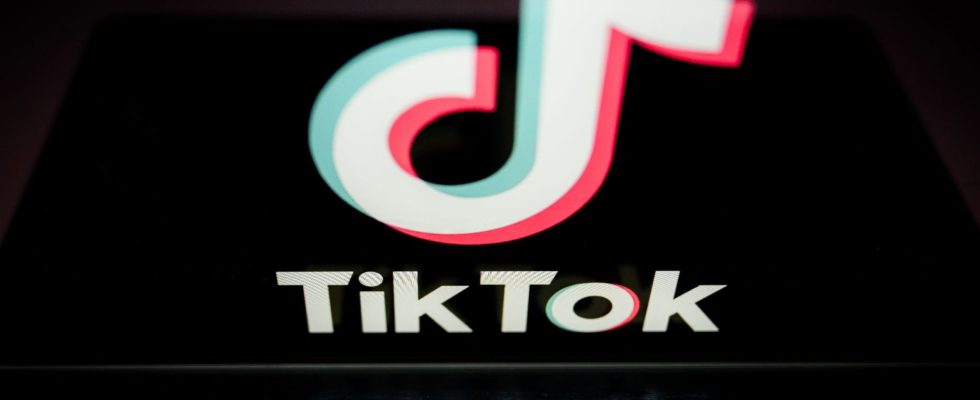Faced with the rise of TikTok, mistrust is gaining ground. And crossed a new threshold this Wednesday, March 13. In the United States, a bill has just been adopted by members of the House of Representatives. Voted by a large majority by 352 of the 432 elected officials, the text poses an ultimatum to the social network: break all ties with its parent company ByteDance within 180 days and more broadly with China. Or officially become persona non grata in the United States. Understand: Being excluded from Apple and Google app stores.
Ban TikTok. The injunction accompanied by such a threat is unprecedented. Until then, only India had issued a clear and definitive ban on the Chinese platform. It was in 2020, a few days after deadly clashes on the Sino-Indian border. The application has not been reauthorized since. But in the meantime, other states and institutions have followed suit in New Delhi, without going as far. Last year, the European Commission, the US federal government and several US states banned the downloading and use of TikTok on their employees’ work devices. More recently, the British government and Parliament announced the banning of the social network on all their devices.
Chinese interference
But for several months, concern has been growing across the Atlantic. Many American elected officials are concerned about the underwater relationship that TikTok maintains with the Chinese authorities. If it turns out to be real, this proximity constitutes a risk of seeing the data of no less than 170 million American users absorbed by Beijing. And listening to them, elected officials have good reasons to sound the alarm.
Because the ByteDance group, owner of TikTok, would not have the latitude to object to the Chinese government. Reason why “letting TikTok continue to operate in the United States while it is under the control of the Chinese Communist Party is simply unacceptable,” argued former Republican Vice President Mike Pence in a statement.
But the leader of the Democrats in the House of Representatives, Hakeem Jeffries, who voted in favor of the proposal, insists on one point: it is not a question of banning TikTok. But to “resolve legitimate questions of national security and data protection linked to the Chinese Communist Party’s relationship with a social network”, he in turn explained in a press release.
Trump’s change of heart
For several years now, the United States has suspected the parent company of TikTok, one of the most valuable companies in the world, of collaborating with the Chinese Communist Party. Already in 2020, Donald Trump accused the application of spying. At the time, the billionaire even tried to wrest control of TikTok from ByteDance before ultimately being prevented from doing so by the American courts.
Which makes the reversal made by the same Donald Trump this Monday March 11 all the more surprising. The now official Republican candidate has in fact opposed a ban on the platform, brandishing, according to him, an implacable argument: its disappearance from American smartphones would strengthen Meta, the owner of Instagram and Facebook, which he designates as a “enemy of the people”.
But for some observers, the turnaround of the MAGA cantor (for Make America Great Again, campaign slogan used by Ronald Reagan during the 1980 presidential campaign and taken up by Donald Trump) draws its source from a completely different story: one of TikTok’s main investors, Jeff Bass, allegedly threatened to no longer contribute to the financing of electoral campaigns Republicans.
A fate still uncertain
Informed that a vote would take place, China did not hesitate to use the threat in turn. Through the voice of a spokesperson for Chinese diplomacy, Beijing warns: any ban would undermine “the confidence of international investors” and would amount, for the leading world power, to “shooting itself in the foot”. And to criticize the “intimidation” against TikTok.
In a letter addressed to the defenders of the bill, and of which our colleagues at AFP have read, the vice-president of TikTok in charge of public policy, Michael Beckerman, for his part deplored “legislation, adopted at such speed unprecedented without even having benefited from a public hearing”.
If the company threatened in the United States tries to save face, the CEO of TikTok, Shou Zi Chew, nevertheless considered it necessary to make the trip to Washington. To try everything, and above all, to block the bill, the outcome of which is to date not guaranteed. The text must still pass the Senate stage, where prominent figures oppose such a radical measure against an extremely popular application.
However, in the event that the text is approved by both chambers, current American President Joe Biden has already committed to promulgating it.
